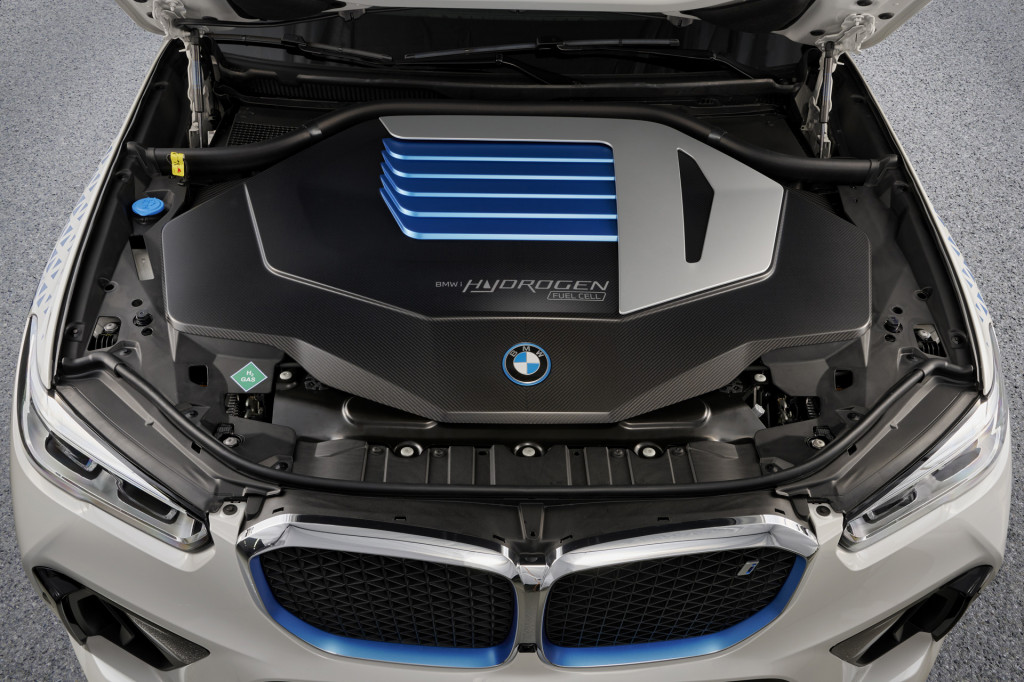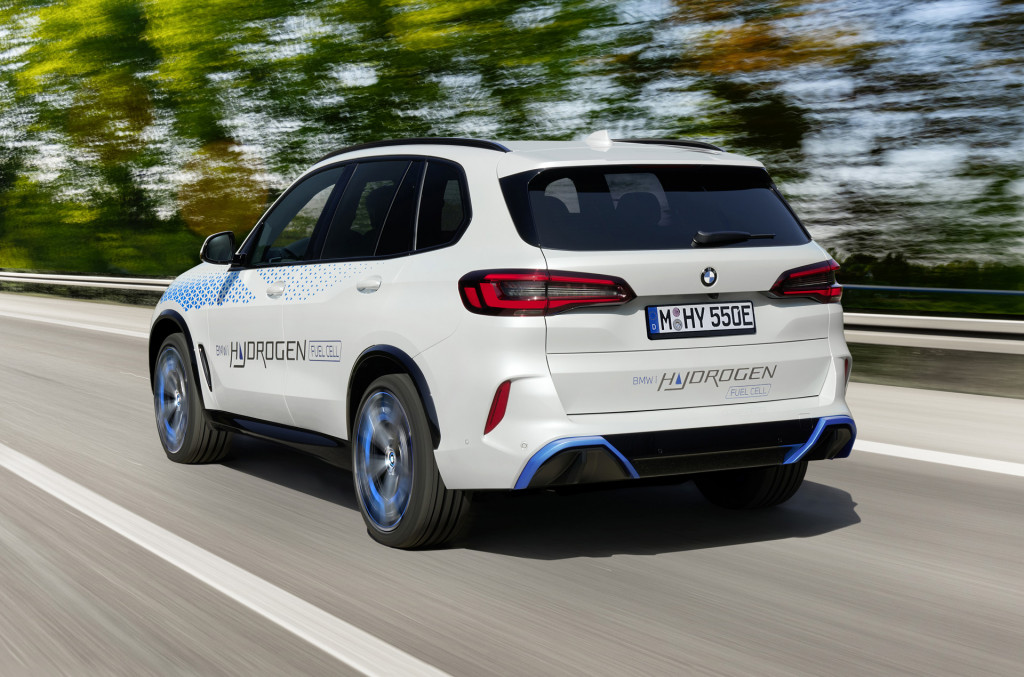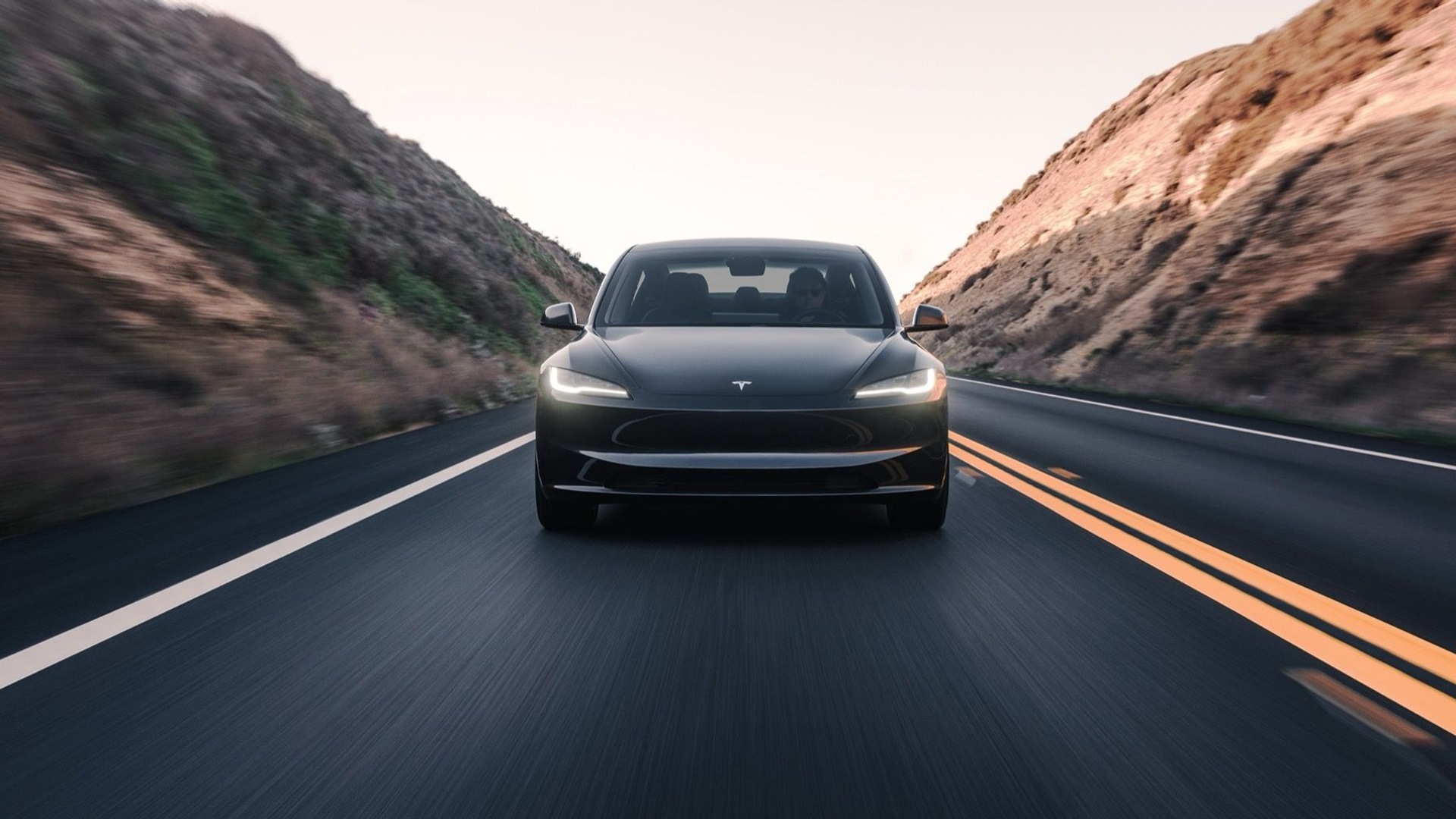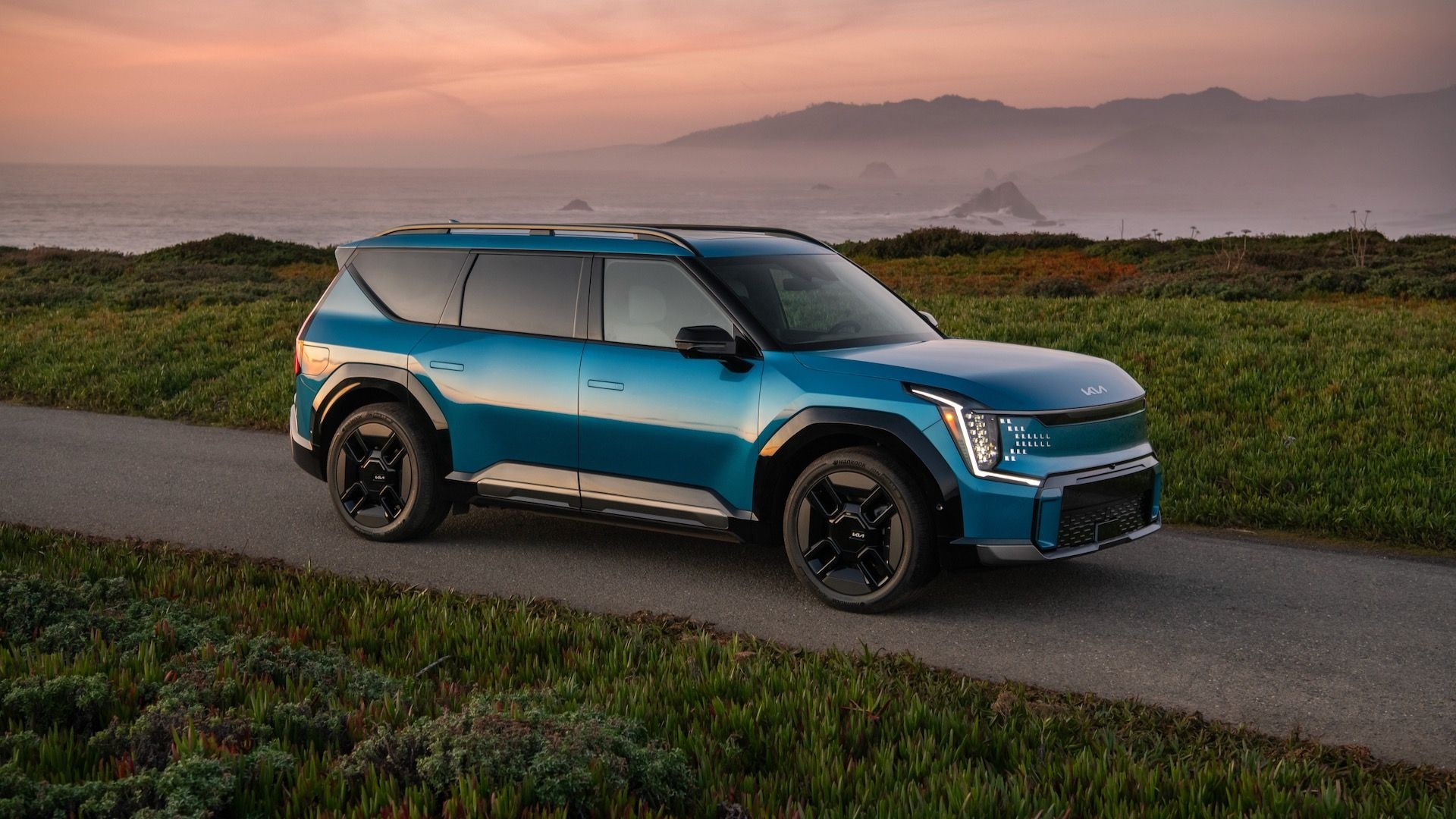BMW could engineer its next-generation EV platform to accommodate hydrogen fuel-cell powertrains as well.
As reported by Automotive News, BMW chairman Oliver Zipse mentioned this during the automaker's recent half-year earnings call, saying fuel-cell vehicles will be needed to achieve BMW's electrification goals. BMW is aiming for half of its global sales by volume to be electric by 2030.
Zipse called hydrogen "the missing piece of the puzzle that can complement electromobility in places where battery-electric drivetrains are unable to gain traction." But he didn't provide details on how far along BMW is in development of a fuel-cell Neue Klasse model.

BMW iX5 Hydrogen prototype
The Neue Klasse (German for "New Class") platform itself will support a family of battery-electric models scheduled to launch in 2025. The name is a nod to the original Neue Klasse, a family of models that, starting with the 1500 sedan, effectively saved BMW in the 1960s and established the automaker's modern identity.
BMW has hinted that the electric Neue Klasse models will include a sedan and SUV sized close to the current 3-Series and X3, respectively. That makes them potential rivals for the Tesla Model 3 and Model Y.
This plan would effectively split the 3-Series—including related body styles currently badged as the 4-Series—into two platforms from 2025 on: one for internal combustion and the other for electric. Zipse has already said that all EVs based on dedicated platforms look alike, so expect these models to stand out in design as well.

BMW iX5 Hydrogen prototype
Adapting the Neue Klasse platform for fuel cells might not be straightforward. Hydrogen needs to be stored in cylindrical tanks, so it presents far greater packaging challenges than batteries.
BMW is still readying its iX5, which marries a Toyota fuel-cell stack with fifth-generation BMW electric-drive tech in the body shell of the X5 SUV. First seen at the 2019 Frankfurt Motor Show, it's expected to be sold in very limited numbers, and may not make it to the United States.
German rival Mercedes-Benz has opted not to bring its F-Cell hydrogen fuel-cell vehicle to the U.S., as was originally planned. Like the iX5, the F-Cell is based on an existing SUV, in this case the Mercedes-Benz GLC-Class. Mercedes has shifted fuel-cell development resources away from passenger cars toward commercial vehicles.












